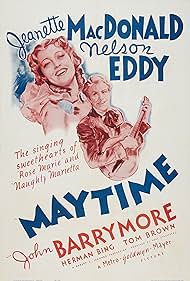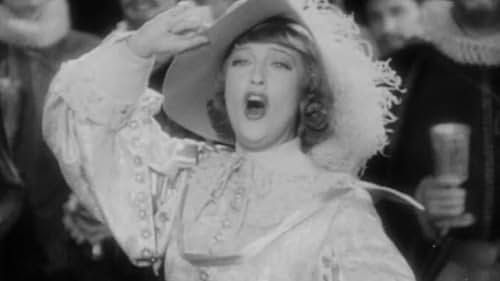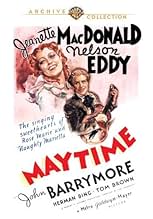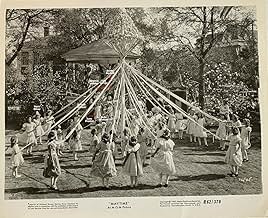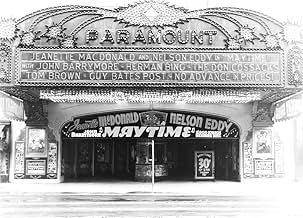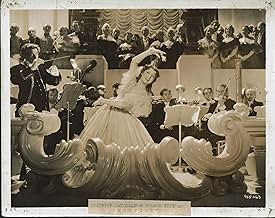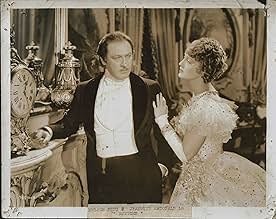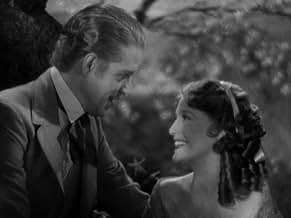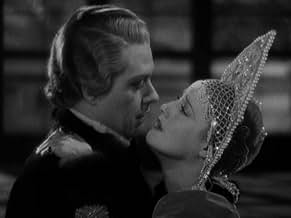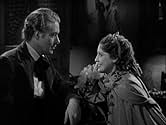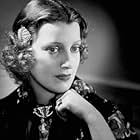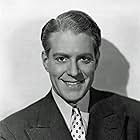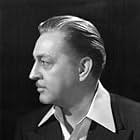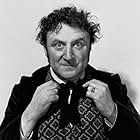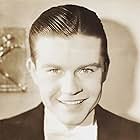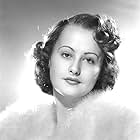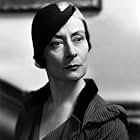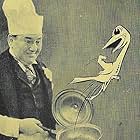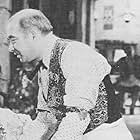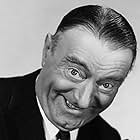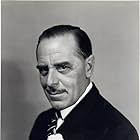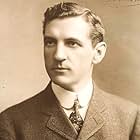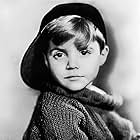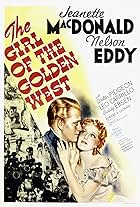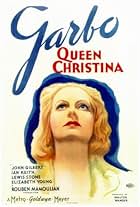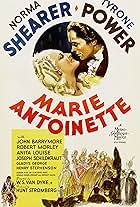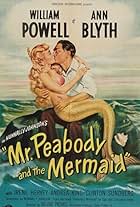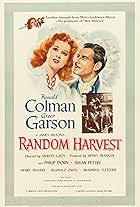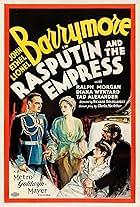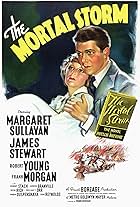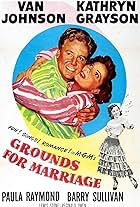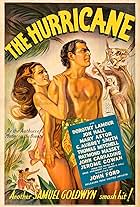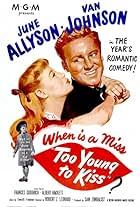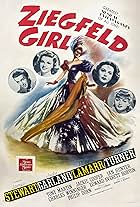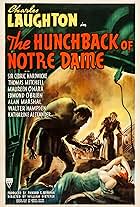IMDb RATING
7.2/10
1.2K
YOUR RATING
An aging opera singer looks back on her long life, including her relationships with her vocal teacher and a student.An aging opera singer looks back on her long life, including her relationships with her vocal teacher and a student.An aging opera singer looks back on her long life, including her relationships with her vocal teacher and a student.
- Nominated for 2 Oscars
- 2 nominations total
Mariska Aldrich
- Opera Singer
- (uncredited)
Bernice Alstock
- Contralto in 'Success' Montage
- (voice)
- (uncredited)
Nick Angelo
- Tenor in 'Success' Montage
- (voice)
- (uncredited)
Martha Bamattre
- Lady in Bar
- (uncredited)
Scotty Beckett
- Maypole Singer
- (uncredited)
Eumenio Blanco
- Cafe Patron
- (uncredited)
Storyline
Did you know
- TriviaWhen filming began in 1936 (in color), the original opera finale was also recorded, staged and shot. This was to have been Act II of Giacomo Puccini's "Tosca", one of the few operatic works with major roles for baritone (Scarpia) and soprano as equals (Tosca). It also allowed Jeanette MacDonald to sing the famous aria "Vissi D'arte". By the time shooting recommenced in black and white, this idea was scrapped and replaced with an elaborate fake Russian opera "Czaritza" created by Herbert Stothart to music by Pyotr Ilyich Tchaikovsky, presumably to allow for a big Duet (in "Tosca", she murders Scarpia by stabbing him through the heart!). The rewritten story of "Maytime" presumably demanded it. Sadly, the Technicolor "Tosca" sequence does not appear to have survived, which is a pity as it would have been fascinating to see MacDonald and Nelson Eddy in a major operatic sequence and in color.
- GoofsDuring the ball scene, Marcia Mornay sings Les filles de Cadiz by Delibes at the command of the Emperor Louis Napoleon. However, the piece was not composed until 1874, whereas Louis reigned from 1852-1870.
- Crazy creditsOpening credits are shown on the water and on the bark of the trees.
- Alternate versionsOriginally released in Sepia Platinum for Roadshow engagements, this was a process most famously used in the Kansas portions of 'The Wizard of Oz' and the Panama jungle scenes in 'The Sea Hawk'
- ConnectionsEdited into Cairo (1942)
- SoundtracksNow Is the Month of Maying
by Thomas Morley, was published in 1595.
Very popular with madrigal groups.
First line, with 'fa la la' refrain, sung by children in park.
Featured review
It's fascinating to read in all the well justified praise (and occasional cavil) lavished on the glorious hodge-podge that is MAYTIME, not one word of the great feature film debut at MGM which the film also represented.
Since MAYTIME - first filmed in 1923 in a version more faithful to the original but as a "silent" film, lacking ALL of the original music - was contractually obligated to ONLY credit music to the great Sigmund Romberg (whose original show it had been when it opened on Broadway on August 16, 1917, to play for a then astounding 492 performances with songs the studio did not want to use like "Jump, Jim Crow"), the studio called in their youngest contracted composer/lyricists (then only 21 and earning a mere - but lordly during the Depression - $200 a week), Bob Wright and George (Chet) Forrest, who would be willing to do virtually the entire score (not allowed to actually compose, but adapting public domain material under chief studio composer - and early Oscar Hammerstein collaborator - Herbert Stothart's supervision). Wright and Forrest were relegated to billing only for "Special Lyrics by..." (and not even acknowledged for THAT by the IMDb, although the credits are there on the screen!). The film's "Best Score" Oscar nomination didn't even go to Romberg or supervising composer Stothart, but to Nat W. Finston, the head of the studio's Music Division!
It was years before "The Boys" would break into the public consciousness with stage adaptations of their own like SONG OF NORWAY and KISMET, and their own (always their first choice) original music for shows like KEAN and GRAND HOTEL, but the result on MAYTIME (including their faux Russian opera for the film, drawn from Tschaikowsky's 5th Symphony, translated from their original English into French by another poet not credited by IBDB - in a talk at the New York Sheet Music Society in 1989, Bob Wright said it was U.S. Sigey, but the screen credits say Gilles Guilbert) was a triumph of craft and carefully catering to the strengths of the stars who they were writing for. Witness in particular a couple numbers ("Song of The Carriage" and a number where Eddy proposes to prepare a ham and egg breakfast for MacDonald) crafted for the limited acting range of Nelson Eddy, giving him something to DO while he sang!
LOTS of great Broadway names worked under almost forgotten under-billed capacities (Larry Hart of Rodgers & Hart fame did lyrics for the Maurice Chevalier MERRY WIDOW!), but Wright & Forrest were among the most prolific and best, and MAYTIME was their first major film "credit." It's only a pity (given the high quality of their few surviving original scores) that in the ways of Hollywood, MAYTIME also "typecast" them into adapting other composers' works for the bulk of their careers.
Since MAYTIME - first filmed in 1923 in a version more faithful to the original but as a "silent" film, lacking ALL of the original music - was contractually obligated to ONLY credit music to the great Sigmund Romberg (whose original show it had been when it opened on Broadway on August 16, 1917, to play for a then astounding 492 performances with songs the studio did not want to use like "Jump, Jim Crow"), the studio called in their youngest contracted composer/lyricists (then only 21 and earning a mere - but lordly during the Depression - $200 a week), Bob Wright and George (Chet) Forrest, who would be willing to do virtually the entire score (not allowed to actually compose, but adapting public domain material under chief studio composer - and early Oscar Hammerstein collaborator - Herbert Stothart's supervision). Wright and Forrest were relegated to billing only for "Special Lyrics by..." (and not even acknowledged for THAT by the IMDb, although the credits are there on the screen!). The film's "Best Score" Oscar nomination didn't even go to Romberg or supervising composer Stothart, but to Nat W. Finston, the head of the studio's Music Division!
It was years before "The Boys" would break into the public consciousness with stage adaptations of their own like SONG OF NORWAY and KISMET, and their own (always their first choice) original music for shows like KEAN and GRAND HOTEL, but the result on MAYTIME (including their faux Russian opera for the film, drawn from Tschaikowsky's 5th Symphony, translated from their original English into French by another poet not credited by IBDB - in a talk at the New York Sheet Music Society in 1989, Bob Wright said it was U.S. Sigey, but the screen credits say Gilles Guilbert) was a triumph of craft and carefully catering to the strengths of the stars who they were writing for. Witness in particular a couple numbers ("Song of The Carriage" and a number where Eddy proposes to prepare a ham and egg breakfast for MacDonald) crafted for the limited acting range of Nelson Eddy, giving him something to DO while he sang!
LOTS of great Broadway names worked under almost forgotten under-billed capacities (Larry Hart of Rodgers & Hart fame did lyrics for the Maurice Chevalier MERRY WIDOW!), but Wright & Forrest were among the most prolific and best, and MAYTIME was their first major film "credit." It's only a pity (given the high quality of their few surviving original scores) that in the ways of Hollywood, MAYTIME also "typecast" them into adapting other composers' works for the bulk of their careers.
- eschetic-1
- Mar 15, 2009
- Permalink
- How long is Maytime?Powered by Alexa
Details
- Release date
- Country of origin
- Languages
- Also known as
- Cvetoči španski bezeg
- Filming locations
- Production company
- See more company credits at IMDbPro
- Runtime2 hours 12 minutes
- Aspect ratio
- 1.37 : 1
Contribute to this page
Suggest an edit or add missing content

